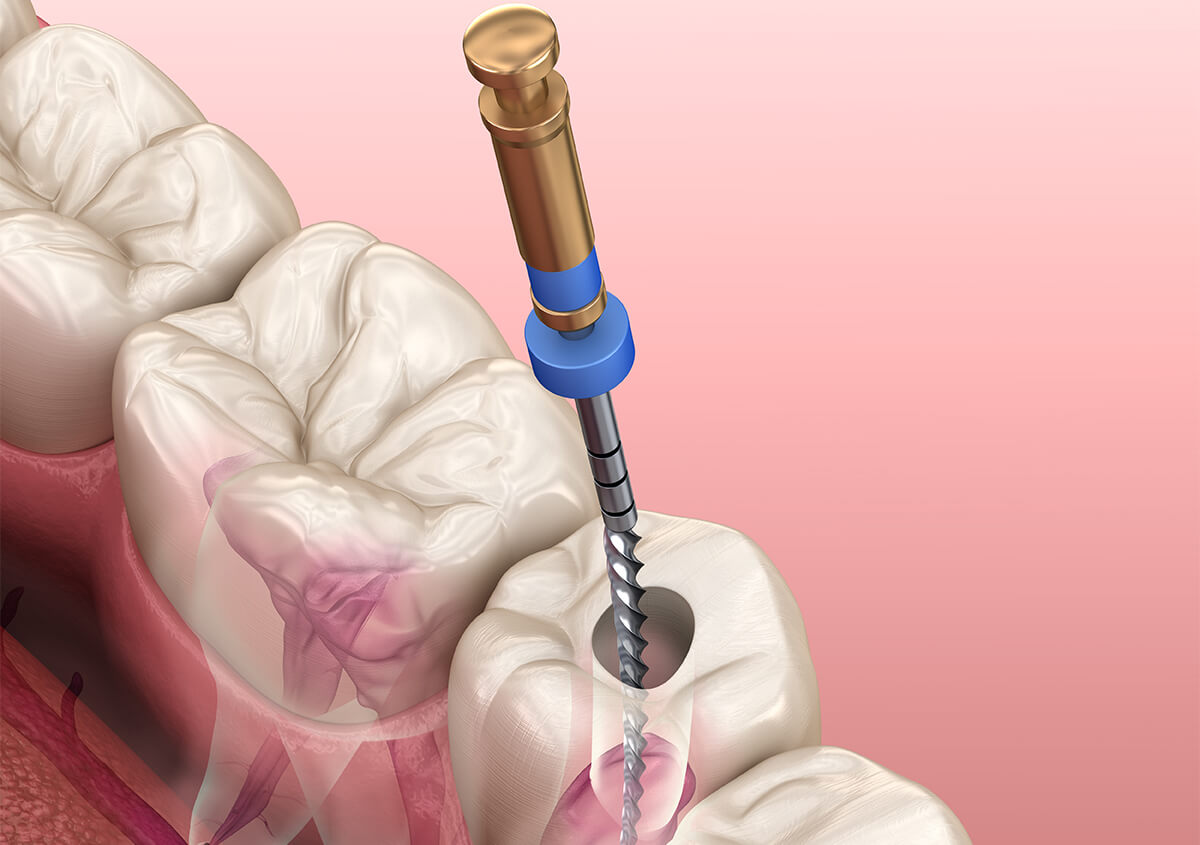Best Root Canal Clinic in Dubai can be a significant dental experience, aimed at saving a severely damaged or infected tooth. This detailed guide will walk you through what to expect during a root canal treatment in Dubai, from initial consultation to recovery, along with common FAQs to help you prepare effectively.
Understanding Root Canal Procedures:
Root canal treatments, often referred to as endodontic therapy, are necessary when the pulp (the soft tissue inside the tooth) becomes infected or inflamed due to deep decay, cracks, repeated dental procedures, or trauma. The procedure involves removing the infected pulp, cleaning and shaping the root canals, and sealing the tooth to prevent further infection.
What to Expect During a Root Canal in Dubai:
1. Initial Consultation and Examination:
- Evaluation: Your dentist will conduct a thorough examination of the affected tooth, which may include X-rays to assess the extent of damage.
- Diagnosis: Based on the examination, your dentist will determine if a root canal is necessary and discuss the procedure with you.
2. Preparation and Anesthesia:
- Anesthesia: Local anesthesia is administered to numb the area around the affected tooth, ensuring you are comfortable during the procedure.
- Isolation: A rubber dam may be placed around the tooth to keep it dry and free of saliva during treatment.
3. Root Canal Procedure Steps:
- Access: Your dentist will create a small access hole in the tooth to reach the infected pulp and root canals.
- Pulp Removal: Specialized instruments are used to carefully remove the infected or inflamed pulp from the tooth.
- Cleaning and Shaping: The inside of the tooth and root canals are cleaned, shaped, and disinfected to prepare them for filling.
- Filling: The root canals are filled with a biocompatible material (usually gutta-percha) to seal them and prevent further infection.
- Temporary Seal: A temporary filling may be placed in the access hole to protect the tooth until a permanent restoration is placed.
4. Restoration and Follow-Up:
- Final Restoration: Depending on the extent of tooth structure lost, a permanent filling or crown may be placed to restore the tooth's function and appearance.
- Follow-Up Visits: You will need to attend follow-up appointments to monitor healing and ensure the tooth is functioning properly.
What to Expect After a Root Canal in Dubai:
1. Immediate Aftercare:
- Discomfort: Some mild discomfort or sensitivity is normal after a root canal. Over-the-counter pain relievers can help manage this.
- Avoid Chewing: Until the tooth is fully restored, avoid chewing on the treated tooth to prevent damage.
2. Long-Term Aftercare:
- Maintain Oral Hygiene: Brush and floss regularly to keep the treated tooth and surrounding gums clean and healthy.
- Routine Dental Visits: Schedule regular dental check-ups to monitor the treated tooth and ensure long-term success.
FAQs About Root Canals in Dubai
Q1: Is a root canal painful?
A1: With modern techniques and anesthesia, patients typically experience minimal discomfort during the procedure.
Q2: How long does a root canal procedure take in Dubai?
A2: The duration can vary depending on the complexity of the case, but most procedures are completed in one to two visits.
Q3: Are there risks associated with root canal procedures?
A3: While rare, risks include possible infection, incomplete removal of infected tissue, or a cracked tooth. Your dentist will discuss these risks with you before treatment.
Q4: How much does a root canal cost in Dubai?
A4: Costs can vary based on factors such as the tooth location, complexity of the procedure, and additional treatments required. It's advisable to consult with your dentist for an accurate estimate.
Q5: Can I drive home after a root canal procedure in Dubai?
A5: Yes, most patients can safely drive themselves home after the procedure, unless they have been prescribed medication that affects their ability to drive.
Conclusion
A root canal procedure in Dubai is a vital treatment for saving a damaged or infected tooth, preserving your natural smile, and ensuring long-term oral health. By understanding what to expect during and after the procedure, along with following recommended aftercare practices, you can effectively manage your dental health and enjoy the benefits of a restored tooth.





Comments